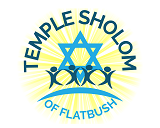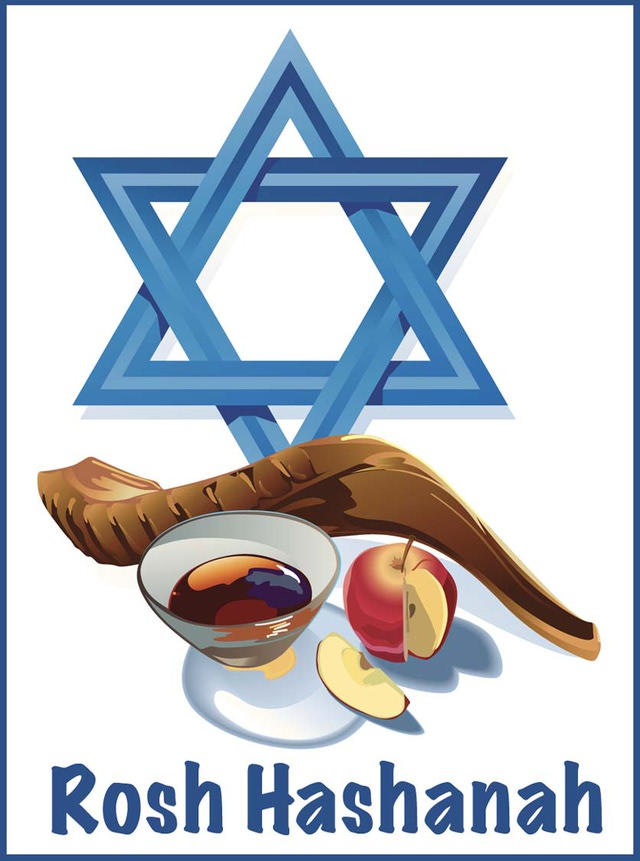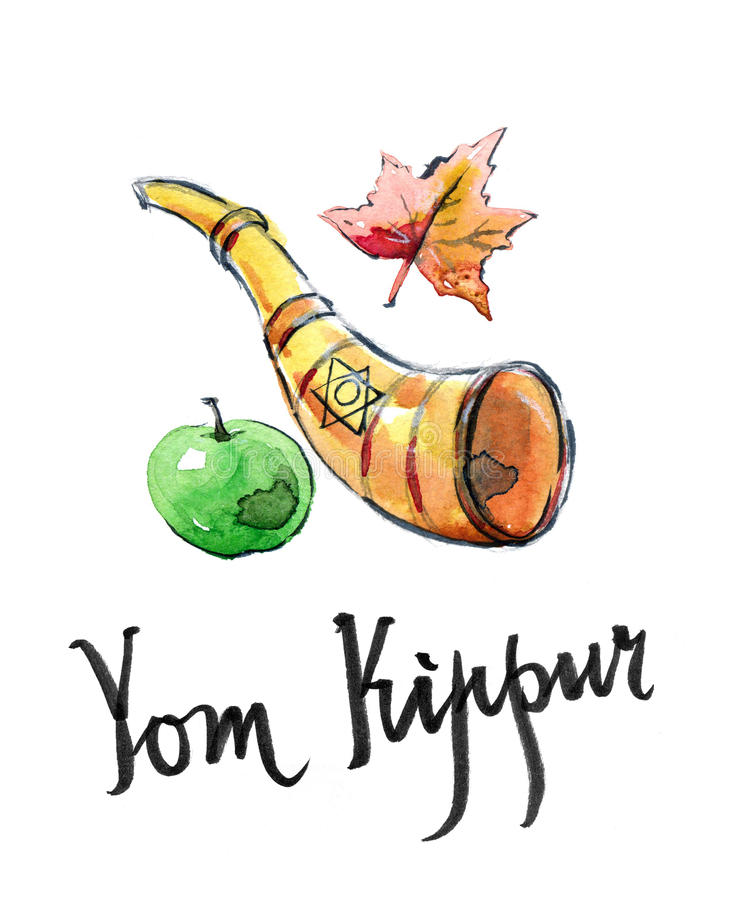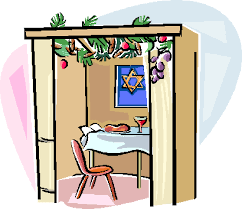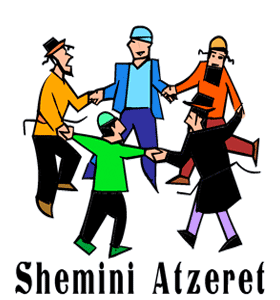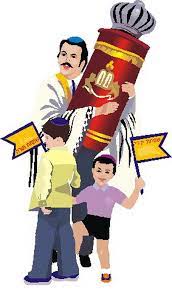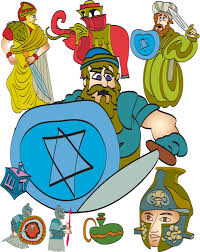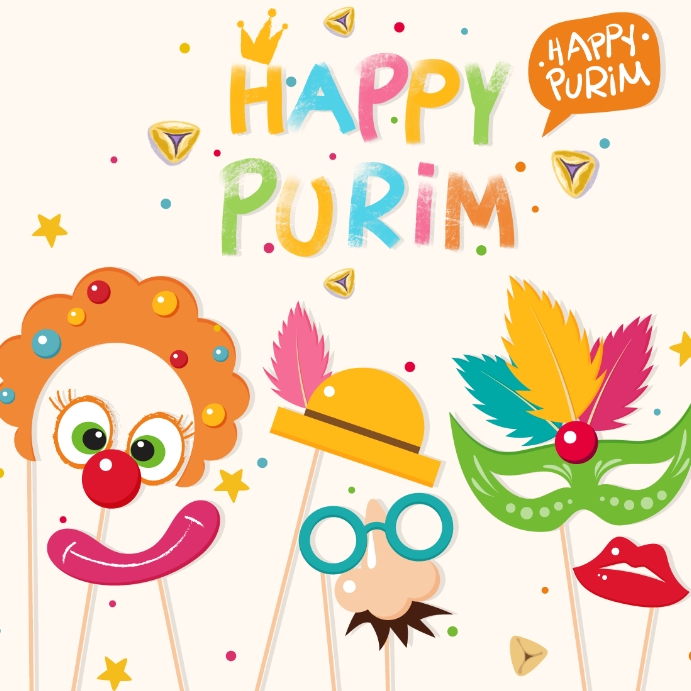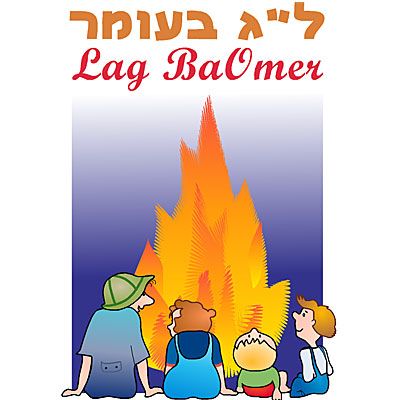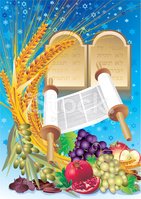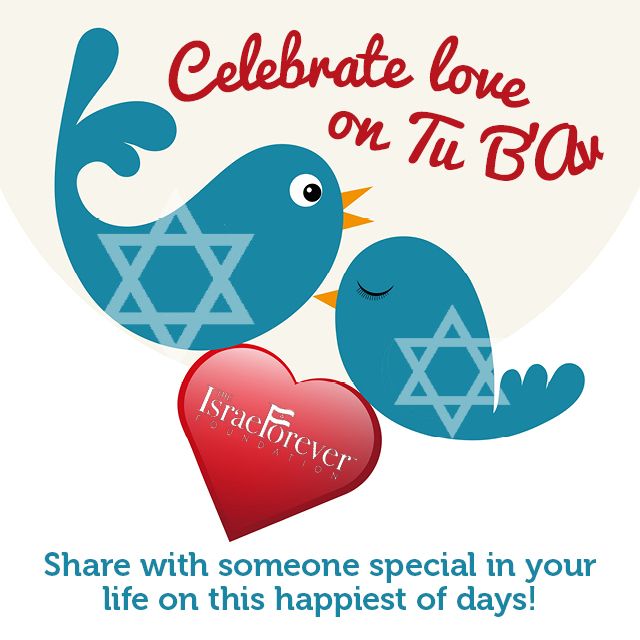Click on the holiday to learn more about each holiday.
October
Rosh Hashana – Sundown on Wednesday, October 2nd – Nightfall on Friday, October 4th
Yom Kippur – Sundown on Friday, October 11th – Nightfall on Saturday, October 12th
Sukkot – Sundown on Wednesday, October 16th – Nightfall on Wednesday, October 23rd
Shemini Atzeret – Sundown on Wednesday, October 23rd – Nightfall on Thursday, October 24th
Simchat Torah – Sundown on Thursday, October 24th – Nightfall on Friday, October 25th
December
Chanukah – Sundown on Wednesday, December 25th – Nightfall on Thursday, January 2nd
February
Tu B’Shevat – Sundown on Wednesday, February 12th – Nightfall on Thursday, February 13th
March
Purim – Sundown on Thursday, March 13th – Nightfall on Friday, March 14th
April
Passover – Sundown on Saturday, April 12th – Nightfall on Sunday, April 20th
May
Lag BaOmer – Sundown on Thursday, May 15th – Nightfall on Friday, May 16th
June
Shavuot – Sundown on Sunday, June 1st- Nightfall on Tuesday, June 3rd
August
Tisha B’Av – Sundown on Saturday, August 2nd – Nightfall on Sunday, August 3rd
Tu B’Av – Sundown on Friday August 8th – Nightfall on Sunday, August 9th
Rosh Hashana רֹאשׁ הַשָּׁנָה
Begins at Sundown on Friday, September 15th
Ends at nightfall on Sunday, September 17th
Rosh Hashanah (Hebrew: ראש השנה), (literally “head of the year”), is the Jewish New Year. It is the first of the High Holidays or Yamim Noraim (“Days of Awe”), celebrated ten days before Yom Kippur.
Rosh Hashanah is observed on the first two days of Tishrei, the seventh month of the Hebrew calendar. It is described in the Torah as יום תרועה (Yom Teru’ah, a day of sounding [the Shofar]).
Yom Kippur יוֹם כִּפּוּר
Begins at Sundown on Sunday, September 24th
Ends at nightfall on Monday, September 25th
Yom Kippur (Hebrew: יוֹם כִּפּוּר or יום הכיפורים), Also known as Day of Atonement, is the holiest day of the year for the Jews. Its central themes are atonement and repentance.
Jews traditionally observe this holy day with a 25-hour period of fasting and intensive prayer, often spending most of the day in synagogue services. Yom Kippur completes the annual period known in Judaism as the High Holy Days (or sometimes “the Days of Awe”).
Sukkot סוּכּוֹת
Begins at Sundown on
Ends at nightfall on
Sukkot (Hebrew: סוכות or סֻכּוֹת, sukkōt, or sukkos, Feast of Booths, Feast of Tabernacles) is a Biblical holiday celebrated on the 15th day of the month of Tishrei (late September to late October).
It is one of the three biblically mandated festivals Shalosh regalim on which Jews were commanded to make a pilgrimage to the Temple in Jerusalem.
Shmini Atzeret שְׁמִינִי עֲצֶרֶ
Begins at sundown on
Ends at nightfall on
Shemini Atzeret (שמיני עצרת – “the Eighth [day] of Assembly”) is a Jewish holiday. It is celebrated on the 22nd day of the Hebrew month of Tishrei (first month of calendar).
In the Diaspora, an additional day is celebrated, the second day being separately referred to as Simchat Torah. In Israel and Reform Judaism, the holidays of Shemini Atzeret and Simchat Torah are combined into a single day and the names are used interchangeably.
Simchat Torah שִׂמְחַת תּוֹרָה
Begins at sundown on
Ends at nightfall on Sunday, October
Simchat Torah or Simḥath Torah (also Simkhes Toreh, Hebrew: שִׂמְחַת תורָה, lit., “Rejoicing with/of the Torah,”) is a celebration marking the conclusion of the annual cycle of public Torah readings, and the beginning of a new cycle.
Simchat Torah is a component of the Biblical Jewish holiday of Shemini Atzeret (“Eighth Day of Assembly”), which follows immediately after the festival of Sukkot in the month of Tishrei (mid-September to early October on the Gregorian calendar).
Chanukah חֲנוּכָּה
Begins at sundown on
Ends at nightfall on Friday, December 15th
Hanukkah (Hebrew: חֲנֻכָּה, usually spelled חנוכה pronounced [χanuˈka] in Modern Hebrew, also romanized as Chanukah or Chanuka), also known as the Festival of Lights, is an eight-day Jewish holiday commemorating the rededication of the Holy Temple (the Second Temple) in Jerusalem at the time of the Maccabean Revolt of the 2nd century BCE.
Hanukkah is observed for eight nights and days, starting on the 25th day of Kislev according to the Hebrew calendar, which may occur at any time from late November to late December in the Gregorian calendar.
Tu B’Shvat טוּ בִּשְׁבָט
Begins at sundown on
Ends at nightfall on Thursday, January 25th
Tu BiShvat or Tu B’Shevat or Tu B’Shvat (Hebrew: ט״ו בשבט) is a minor Jewish holiday, occurring on the 15th day of the Hebrew month of Shevat.
It is also called “The New Year of the Trees” or (Hebrew: ראש השנה לאילנות, Rosh HaShanah La’Ilanot). Tu BiShvat is one of four “New Years” mentioned in the Mishnah.
Purim פּוּרִים
Begins at sundown on Saturday, March 23
Ends at nightfall on Sunday, March 24th
Purim (Hebrew: פּוּרִים, Pûrîm “lots”, from the word פור pur, also called the Festival of Lots) is a Jewish holiday which commemorates the saving of the Jewish people from Haman in the ancient Persian Empire, a story recorded in the Biblical Book of Esther (Megillat Esther).
Pesach פֶּסַח
Begins at sundown on Sunday, April 22nd
Ends at nightfall on Tuesday, April 30th
Passover (Hebrew: פֶּסַח Pesach) commemorates the story of the Exodus, in which the ancient Israelites were freed from slavery in Egypt.
Passover begins on the 15th day of the month of Nisan in the Jewish calendar, which is in spring in the Northern Hemisphere, and is celebrated for seven or eight days. It is one of the most widely observed Jewish holidays.
Lag BaOmer ל״ג בָּעוֹמֶר
Begins at sundown on Saturday, May 24th
Ends at nightfall on Sunday, May 25th
Lag BaOmer (Hebrew: ל״ג בעומר), also Lag B’Omer, is a Jewish holiday celebrated on the 33rd day of the Counting of the Omer, which occurs on the 18th day of the Hebrew month of Iyar.
One reason given for the holiday is as the day of passing of Rabbi Shimon bar Yochai. Modern Jewish tradition links the holiday to the Bar Kokhba Revolt against the Roman Empire (132-135 CE). In Israel, it is celebrated as a symbol for the fighting Jewish spirit.
Shavuot שָׁבוּעוֹת
Begins at sundown on
nds at nightfall on
The festival of Shavuot (or Shavuos, in Ashkenazi usage; Shabhuʿoth in Classical and Mizrahi Hebrew Hebrew: שבועות, lit. “Weeks”) is a Jewish holiday that occurs on the sixth day of the Hebrew month of Sivan (late May or early June).
Shavuot commemorates the anniversary of the day G-d gave the Torah to the entire Israelite nation assembled at Mount Sinai, although the association between the giving of the Torah (Matan Torah) and Shavuot is not explicit in the Biblical text. The holiday is one of the Shalosh Regalim, the three Biblical pilgrimage festivals. It marks the conclusion of the Counting of the Omer.
Tish’a B’Av תִּשְׁעָה בְּאָב
Begins at sundown on Monday, August 12th
nds at nightfall on
Tisha B’Av (Hebrew: תשעה באב or ט׳ באב, “the Ninth of Av,”) is an annual fast day in Judaism, named for the ninth day (Tisha) of the month of Av in the Hebrew calendar.
The fast commemorates the destruction of both the First Temple and Second Temple in Jerusalem, which occurred about 655 years apart, but on the same Hebrew calendar date. Tisha B’Av is never observed on Shabbat. If the 9th of Av falls on a Saturday, the fast is postponed until the 10th of Av.
Tu B’Av טוּ בְּאָב
Begins at sundown on Sunday, August 18th
Tu B’Av (Hebrew: ט״ו באב, the fifteenth of the month Av) is a minor Jewish holiday.
In modern-day Israel, it is celebrated as a holiday of love (Hebrew: חג האהבה, Hag HaAhava), similar to Valentine’s Day. It has been said to be a “great day for weddings”.
